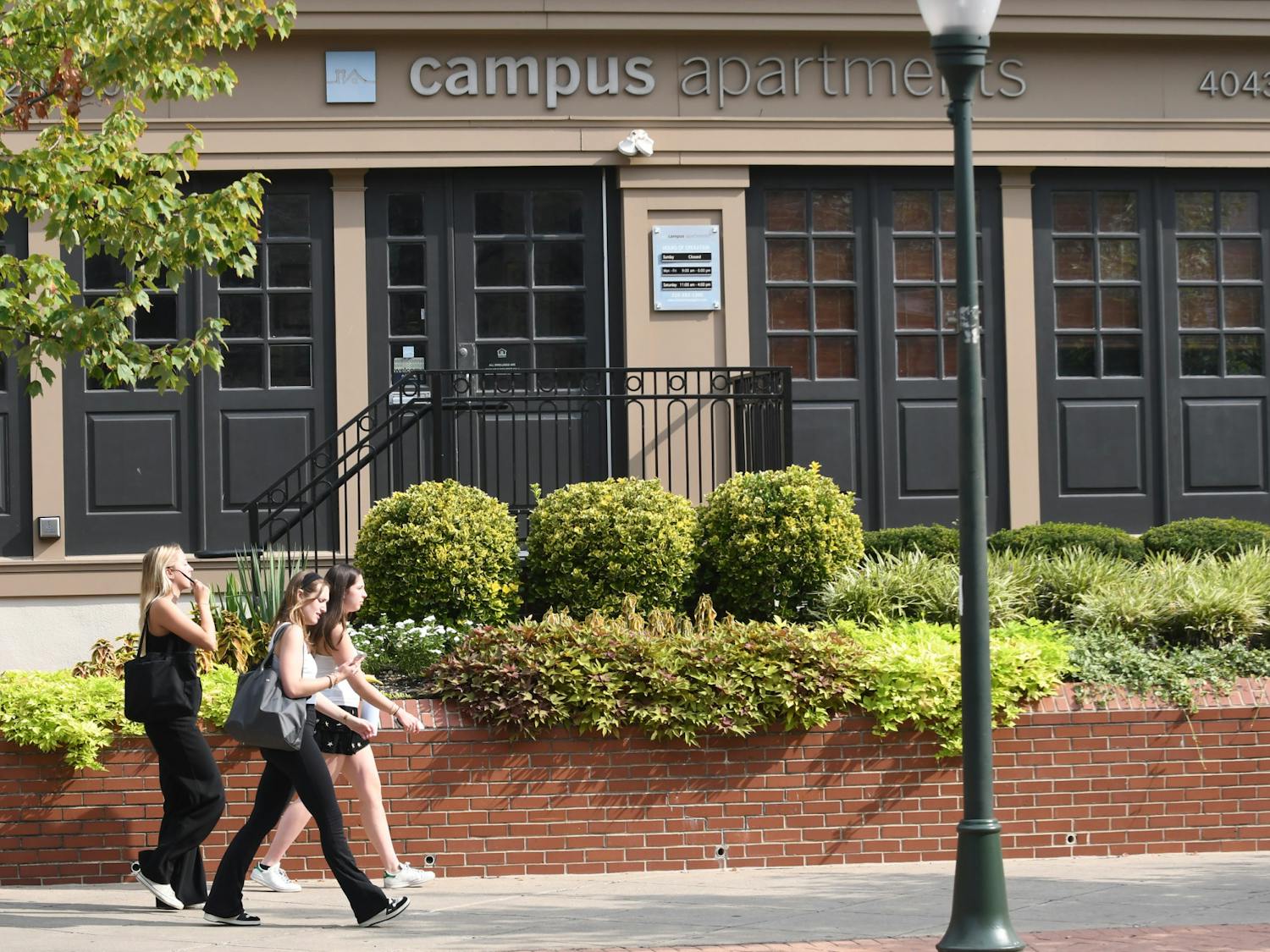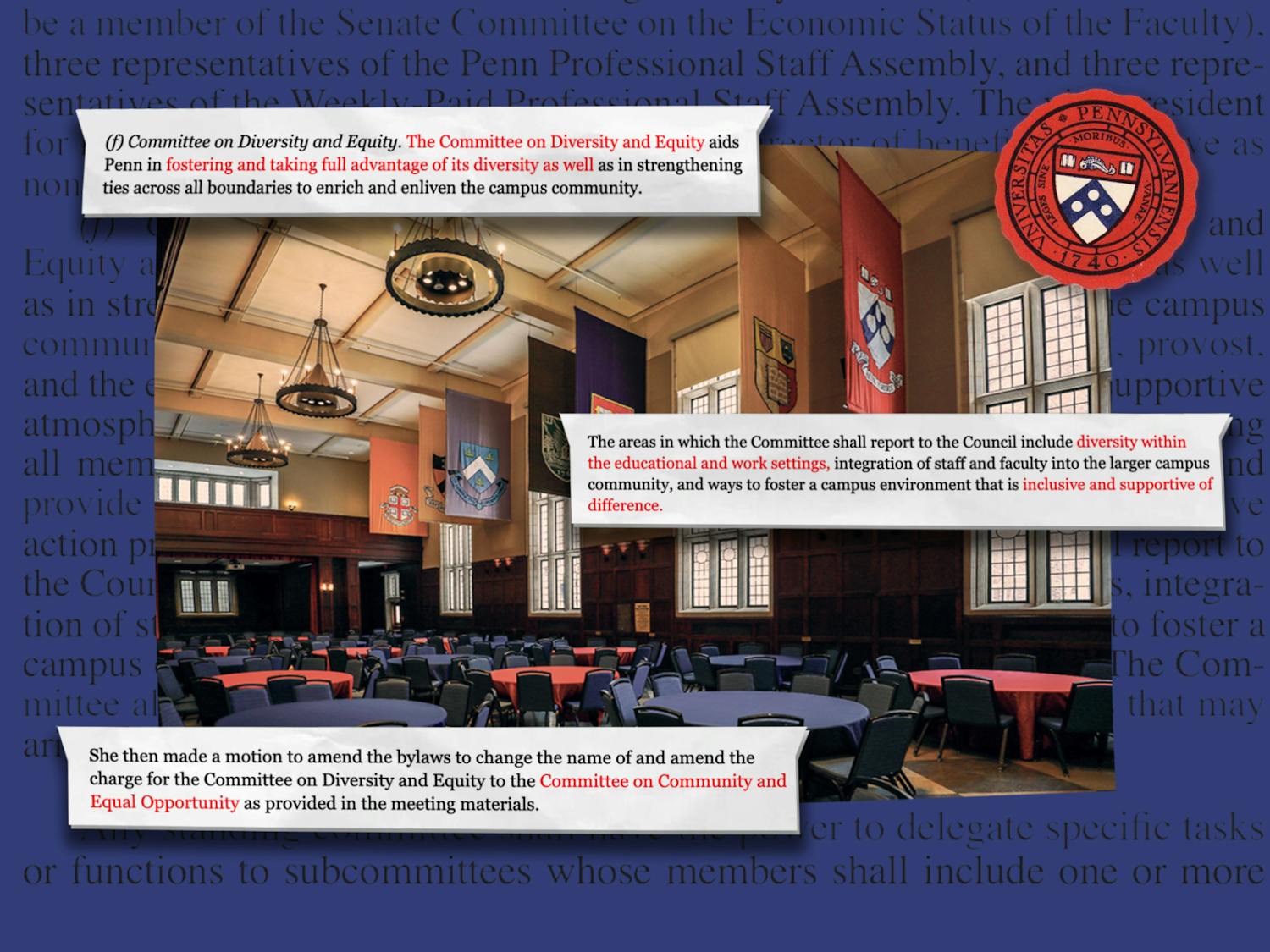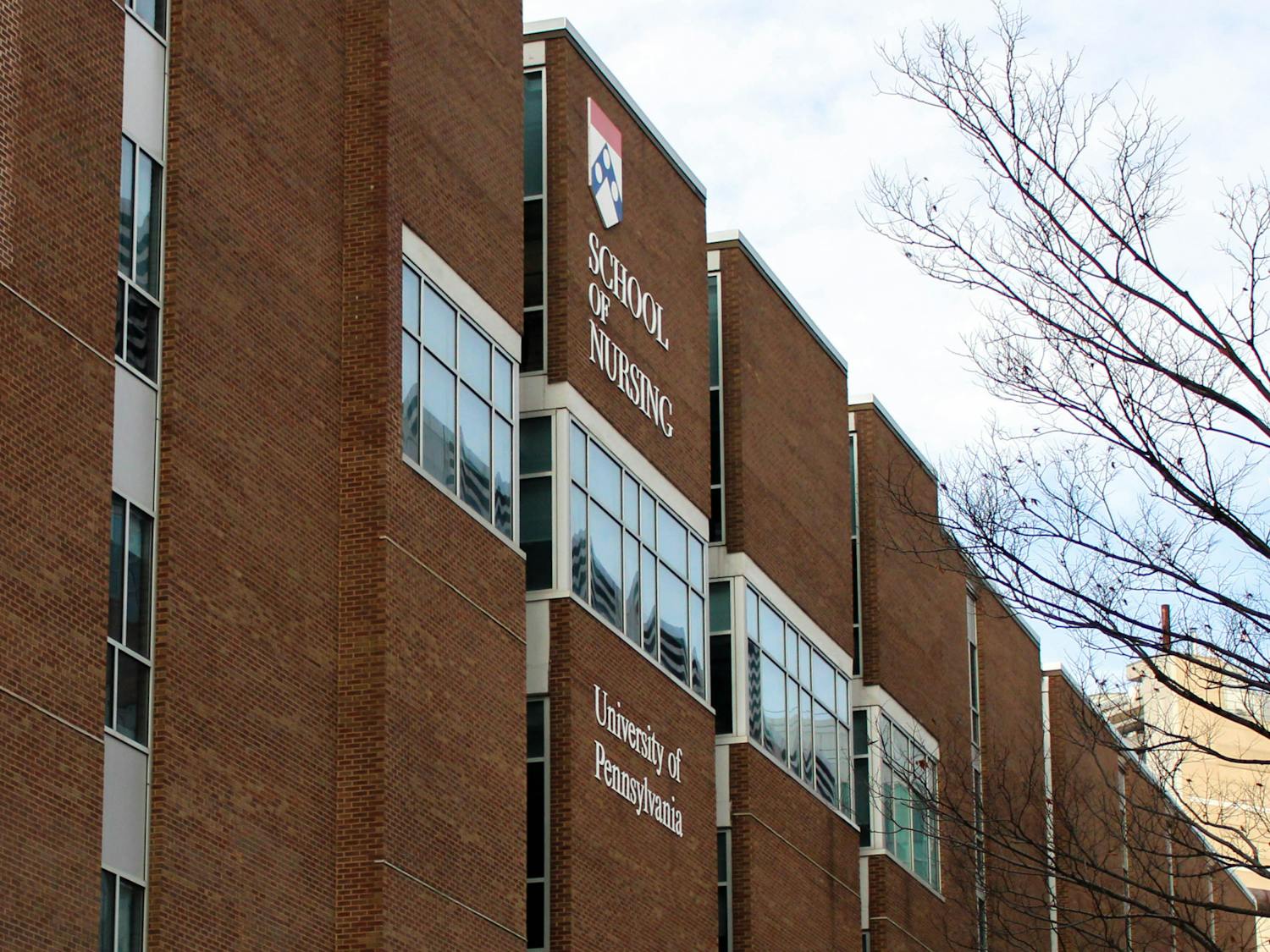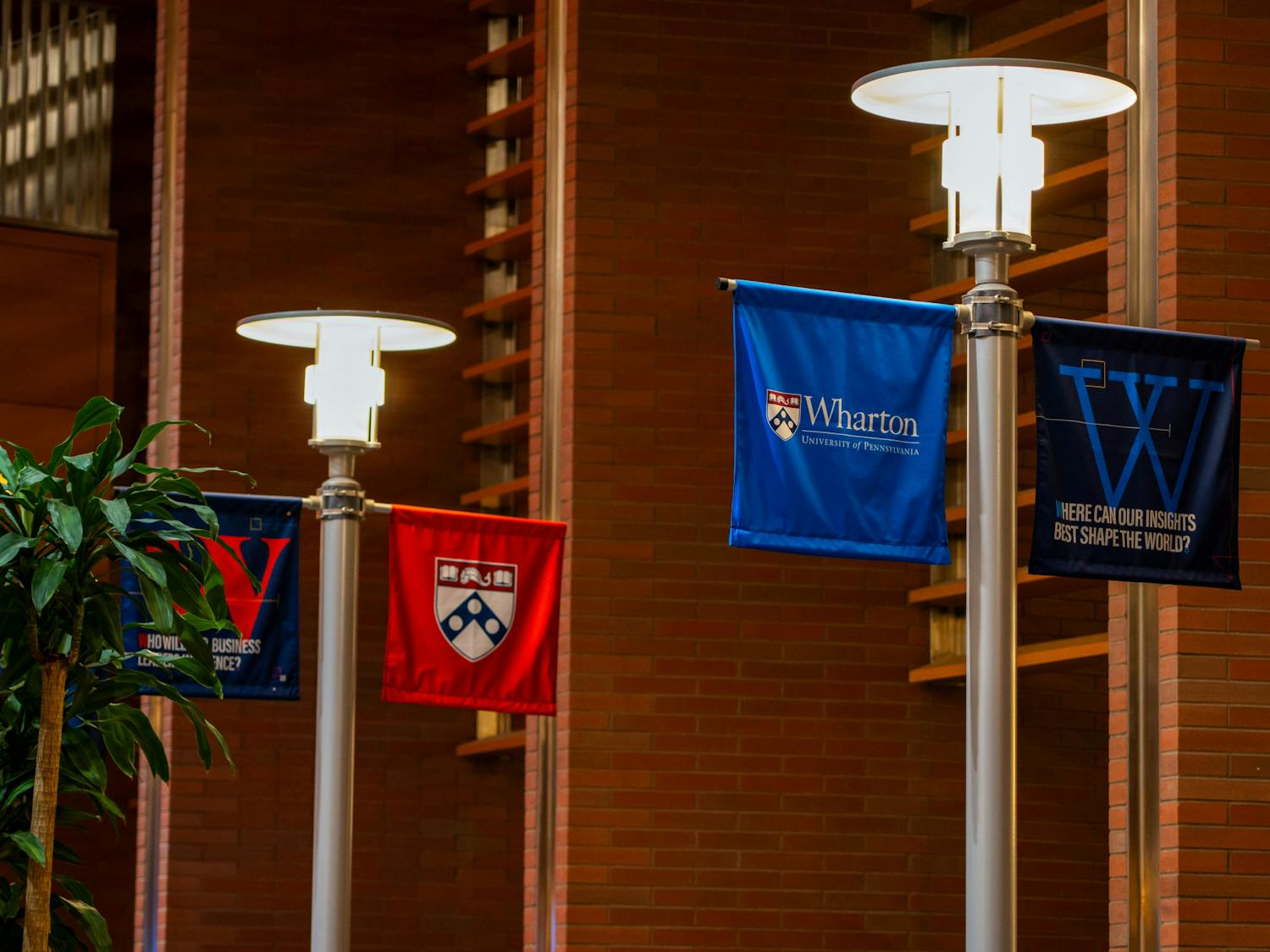New Dean of the College of Arts and Sciences Peter Struck spoke to The Daily Pennsylvanian about the enduring importance of a liberal arts education while also touching on the spate of protests and turmoil that have faced Penn in the past year.
Struck, a Classical Studies professor, assumed his role on Aug. 1 after former Dean Paul Sniegowski stepped down to become president of Earlham College. In a conversation with the DP, Struck discussed the value of the liberal arts in managing political discourse and heightened tensions on campus.
Struck is assuming his position in the wake of a semester dominated by activism and the Penn administration's subsequent implementation of stricter protest and freedom of expression policies. He believes that "principles of dialogue" form the basis of the liberal arts, providing a path forward from a divisive climate on campus.
“The core piece of what the art sciences does is precisely give us the tools to talk across great divides in terms of commitments to prior ideas, in terms of cultural difference, questions of value, and notions of justice,” he said, adding that answers to these questions are often “nettlesome, thorny, difficult, cloudy.”
"The impasses we got to came from an inability to talk across vast differences of viewpoints,” Struck continued. “Sorting our way through that is our ticket through these problems.”
One of Struck’s priorities for his first year as dean is rethinking the College's general education requirement. Prior to assuming the new position, he chaired the College Curriculum Committee, which took part in discussions last spring surrounding potential curriculum changes in the College. He explained that a lot of the Penn faculty agree that the University needs to rethink how it approaches general education.
In April, the DP reported that the College is in the process of reviewing its curriculum on a large scale for the first time since its implementation. The review is informed by a decline in the number of students graduating with degrees in the humanities and the social sciences as well as a simultaneous rise in the number of students graduating with degrees in natural sciences since 2003.
Potential changes could impact the sector and foundation requirements, the number of credits in each major, and the College’s mission statement.
RELATED:
Jameson acknowledges ‘divisive days’ in first Convocation address as Penn’s interim president
Penn vice president for University Communications steps down, predecessor returns in interim
Struck noted that this process is not a "months-long conversation," but one that could take two years or more. He added that rethinking general education requirements would involve consultations with various constituencies within the College and the broader School of Arts and Sciences.
But the curriculum review comes after Penn became swept up in political scrutiny and a leadership crisis — with donors to the University questioning the value and quality of the College, where all undergraduate liberal arts majors are housed.
Those critics have included Wharton Board of Advisors Chair Marc Rowan, who in a Feb. 27 interview said that faculty members in the School of Engineering and Applied Science, the Perelman School of Medicine, and the Wharton School are committed to “academic excellence and research," while faculty in the College are “not so much.”
Struck came to Penn in 1999, and has held a number of positions within the University, including chair of the Classics Department and director of the Benjamin Franklin Scholars Program.
He said he first discovered his love for the arts and sciences and teaching when he was a student himself, noting that a passion for teaching is central to his work.
“I'm interested in teaching of all kinds. Big classes, I love small classes, I love one-on-ones, dissertation students,” Struck said. “All of it is just a happy place for me.”
Reflecting on his first month on the job, Struck describes being able to see how staff, faculty, and administrators work together to make operations flow smoothly.
Learning more about Penn in a new role is “just thrilling,” Struck said, adding “it's just really exciting to be part of this.”
RELATED:
Jameson acknowledges ‘divisive days’ in first Convocation address as Penn’s interim president
Penn vice president for University Communications steps down, predecessor returns in interim
Ethan Young is the Editor-in-Chief of The Daily Pennsylvanian and can be reached at young@thedp.com. At Penn, he studies history and political science. Follow him on X @EthanYoung.









